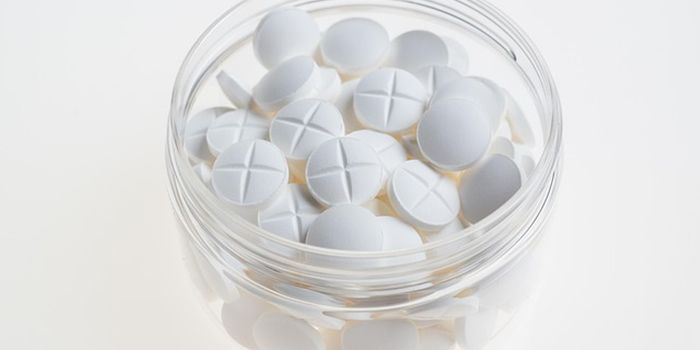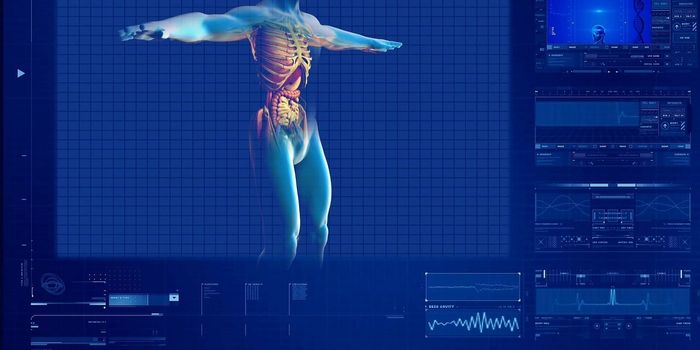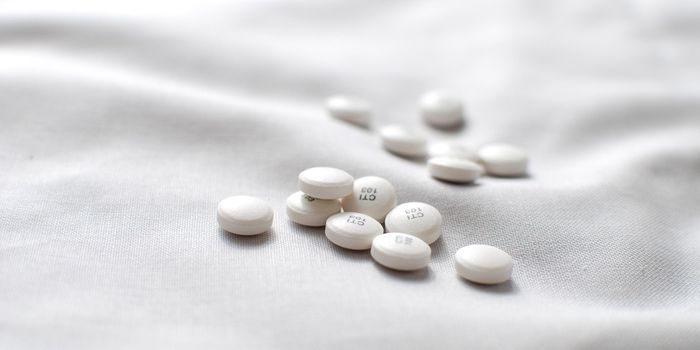Two Biomarkers May Diagnose Long COVID Brain Fog
As of January 2023, it was estimated that 65 million people who have gotten COVID-19 had not fully recovered from their illness, and were or are experiencing the symptoms of long COVID. These can include changes in smell or taste, sleep difficulties, gastrointestinal distress, cardiovascular and cerebrovascular disease, type 2 diabetes, and a wide variety of other problems including brain fog and chronic fatigue syndrome. Scientists are still learning about why these issues arise or linger in some people. Diagnosing the problem can also be challenging, because there have not been any reliable biomarkers for long COVID and diagnosis relies on how clinicians interpret the symptoms that patients report. But new work may change that for the brain fog that is associated with long COVID.
Researchers discovered two biomarkers, fibrinogen and d-dimer, which are present at abnormally high levels in the blood of patients with cognitive defects that occur six to twelve months after the onset of COVID-19. The findings have been reported in Nature Medicine.
In this study, the researchers evaluated data, including clinician reports, patient reports, and blood samples from about 1,800 COVID-19 patients who were hospitalized in the UK from January 29, 2020 to November 20, 2021.
This study used statistical tools to show that certain blood biomarkers were highly correlated with cognitive defects related to long COVID. Fibrinogen was one molecule that was linked to cognitive defects that were observed by clinicians and reported by patients. Normally, fibrinogen is related to blood coagulation.
Another blood coagulation protein called d-dimer was also abnormally high in patients who self-reported cognitive deficits like brain fog. These patients often also had fatigue and shortness of breath.
The results were confirmed in an additional evaluation of 17,911 American COVID-19 patients. The investigators also made a comparison with pre-pandemic patients, which indicated that d-dimer is a biomarker that appears specifically after COVID-19.
While additional confirmation is needed with more patient samples, the investigators suggested that this study may help open up new diagnosis, research, and treatment avenues for the cognitive defects that can linger after COVID-19.
Sources: Nature Publishing Group, Nature Medicine









